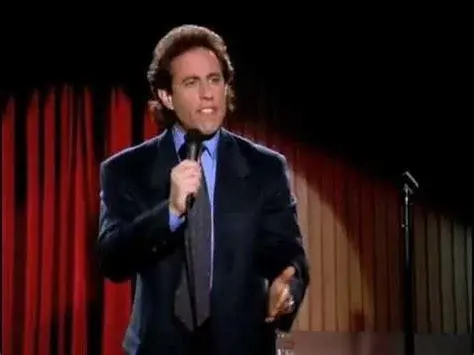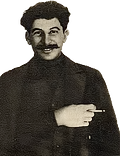In my continued exposure to leftist spaces and a leftist view on history it has become clear that all I understand about Stalin is the reactionary rhetoric I've been fed my whole life. I have only just started on reading theory and exposing myself to a leftist view, so Stalin as a topic isn't something I've reached yet.
But I have to ask, and I think this is the place to ask it, what is the deal with Stalin?
The vibe I get is that people at a minimum don't hate Stalin, but also maybe at most appricate Stalin. I'm aware that the efforts of the USSR during WW2, especially in regards to Nazi aggression are a credit to his administration and leadership, but is that really where the vibe starts and stops?
I'm not looking for a dissertation on the guy, but just the notes or primary points. I'll take reading suggestions too.
Thanks comrades.



 has a lot of great, succinct views on Stalin in Blackshirts and Reds. There are a bunch of free PDF links if you google for them. These are not all rosy -- he has at least one whole chapter critiquing the USSR from a leftist perspective, and he acknowledges that under Stalin the USSR committed some crimes of state -- but overall the conclusion he reaches is justifiably positive on balance.
has a lot of great, succinct views on Stalin in Blackshirts and Reds. There are a bunch of free PDF links if you google for them. These are not all rosy -- he has at least one whole chapter critiquing the USSR from a leftist perspective, and he acknowledges that under Stalin the USSR committed some crimes of state -- but overall the conclusion he reaches is justifiably positive on balance.
